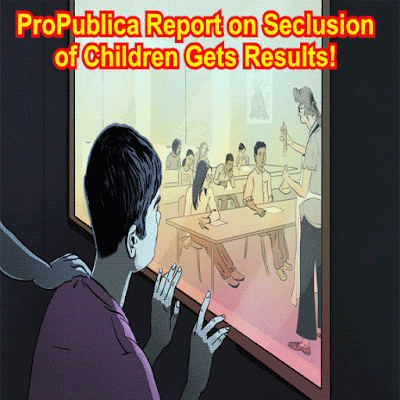Choosing Democracy: SCUSD and Black Parallel School Board Seek Settlement
SCUSD and Black Parallel School Board Seek Settlement
SACRAMENTO, CA - The Sacramento City Unified School District (District) and plaintiffs suing the District for alleged discrimination against students based on race and disability asked the federal court to pause litigation so the parties may seek potential resolution through settlement.
The lawsuit, alleged as a class-action, was filed by a coalition of nonprofit advocacy groups on behalf of the Black Parallel School Board (BPSB) and three students in the District. The suit alleges that the District’s policies and practices in the areas of special education and student discipline harm students with disabilities, and in particular, Black students with disabilities.
While the District does not agree with the allegations in the lawsuit, “we appreciate plaintiffs’ willingness to work with us,” said District Superintendent Jorge A. Aguilar. “The District believes that we should work cooperatively with the plaintiffs to identify potential policies and practices that may not serve the best interests of the District’s students with disabilities, and to jointly find solutions to those issues, which would include addressing factors which limit service options or strategies for serving District students,” said Superintendent Aguilar.
The parties have asked the Court to grant a seven-month stay of the litigation. During the stay, and by early February, the District has offered and agreed to implement several measures intended to benefit students with disabilities, including Black students with disabilities. These measures include:
- Halting all District suspensions based on “willful defiance” not only for students in kindergarten through third grade, but up and through eighth grade;
- Offering students a special education assessment plan within 15 days of a request for such assessment; and
- Directing school administrators and staff not to ask or require students to leave school as an informal response to concerns with student behavior.
-
“These measures are significant to students with disabilities and their parents and guardians whom we and other advocates in our community fight for and support,” said BPSB Chairperson Darryl White. “The District’s willingness to implement these interim measures has encouraged BPSB to engage in cooperative discussions with the District about potential broader and more permanent reforms and protections for our students.”
Also, during the stay, an agreed-upon set of experts will review the District’s data and practices in the areas of special education, student discipline, and implicit bias. That review will include expert interviews of students, parents, District staff, and other stakeholders. After the assessment and study of the information gathered, the experts will issue recommendations that the parties will consider as part of a possible settlement to create positive, lasting change for students and their families.
The Court granted the requested stay of litigation today, December 20, 2019.
Media Contacts
Communications Department, Sacramento City Unified School District
916-643-9042
Patty Guinto, Director of Communications, National Center for Youth Law
626-512-4974, pguinto@youthlaw.org
For more information regarding the National Youth Law Center, visit: youthlaw.org
Choosing Democracy: SCUSD and Black Parallel School Board Seek Settlement



























